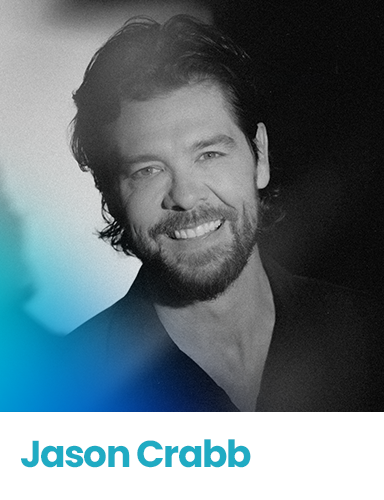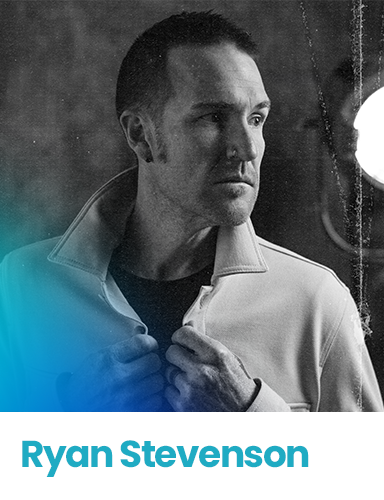
Healthy Versus Unhealthy Relationships
For additional audio and visual resources to encourage your listeners, please visit Liberty.edu/CMB and scroll to the “Radio Resources” section. To speak with the Dr. Elias Moitinhos about this topic, please email radio@liberty.edu to schedule an interview.
Do you want to avoid unhealthy relationships and pursue healthy ones? Because no one is perfect and everyone is on a journey to learn more about how to relate better to others, there is the potential for destructive behaviors and bad habits to develop in any relationship. So, let’s look at some characteristics of healthy and unhealthy relationships.
Trust vs. Mistrust | Trust is foundational in any successful relationship. People in healthy relationships are authentic and honest, and they share from the heart, allowing trust to grow even in the face of differing values and perspectives. Conversely, in unhealthy relationships, people do not trust each other and may even become jealous, sabotaging the relationship because they fear intimacy.
Effective Communication vs. Poor Communication | Communication is vital in every relationship. Healthy individuals communicate clearly and respectfully, showing assertiveness without aggression. They are aware of what they are saying and how they say it, all while practicing good listening skills and connecting emotionally. Unhealthy relationships have poor communication and often send demeaning messages in a hostile tone, resulting in verbally abusive relationships.
Mutual Respect vs. Control | People in healthy relationships respect each other’s thoughts, opinions, feelings, and preferences. This gives them the freedom to make their own decisions and express their individuality. On the other hand, toxic relationships display higher levels of manipulation and control, with people becoming abusive emotionally and physically.
Forgiveness vs. Holding Grudges | Forgiveness is essential in relationships and — we believe — the catalyst to restoring relationships. When mature people forgive, they are promising not to hold the offense against their friend or spouse. They practice daily forgiveness, recognizing that God commands us to forgive as shown in Ephesians 4:32. What we need to remember is that forgiveness does not mean we must become a doormat or that there are no consequences for people’s sins and offenses against others. You can still set boundaries in relationships with respect and understanding.
Unfortunately, this is not understood by people in toxic relationships. They hold grudges and resent each other, resulting in separation and emotional disconnection. It’s also detrimental to spiritual and mental health.
Agape Love vs. Conditional Love | Agape love is altruistic, selfless, and others-focused, therefore creating the environment for healthy relationships to thrive. It is not self-seeking (1 Corinthians 13:5), and it does not have an attitude of “it’s all about me.” Where agape love is present, there is a genuine desire to care for and nurture each other. Conversely, toxic relationships are conditional and send individualistic, selfish messages. The truth is that no one is perfect. Therefore, we all need to grow in agape love.
Remember, we were created for relationships, but because we live in a sinful and fallen world, many of them are unhealthy. Knowing the differences between what’s healthy and unhealthy can help you enrich your relationships, avoid toxicity, and reflect Christ every day. Look to His example and see how your relationships change for the better.
Dr. Elias Moitinho & Dr. Denise Moitinho
Liberty University






















































































































